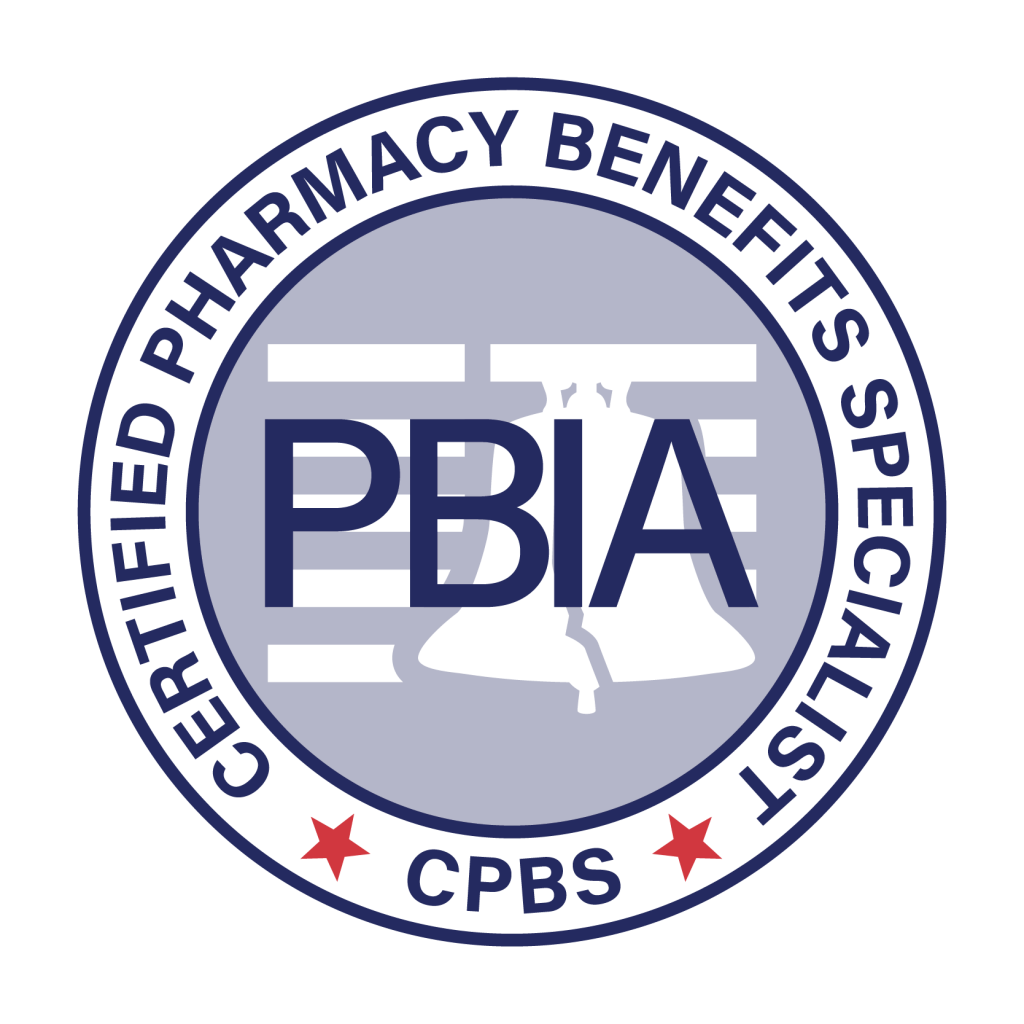Why Now Is the Time for Health Plans to Take Control of Pharmacy Benefits and other notes from around the interweb:
- PBM Drug Pricing Practices Layer $7 Million in Excess Charges to State Medicaid Plans Nationwide. While Medicaid is a unique program that enables us to make comparisons between our study pharmacies and the aggregate payer experience, the data from our study pharmacies can highlight payment disparities within how people obtain medications. The pharmacy market is broadly divided into three payer types: Medicaid, Medicare, and Commercial. Each of these segments is setting potentially different incentives for pharmacies. As our study pharmacies demonstrated, Oregon Medicaid reimbursements were associated with the lowest margin experience in our pharmacies, whereas Medicare was the most profitable. This is despite many of the medications used overlapping between the payers.
- Drug companies favor biotech meds over pills, citing new U.S. law. Drugmakers are prioritizing complex biotech medicines over treatments that can be given as pills because recent U.S. legislation gives biologics a longer runway before becoming subject to government price limits, top industry executives said this week. The Inflation Reduction Act (IRA), which Democrats passed last August, for the first time allows the government’s Medicare health plan for people aged sixty-five and over to negotiate the prices it is willing to pay for certain medications. The law sets a nine-year exemption period for “small molecule” drugs, which are mainly pills, while “large molecule” biologics, generally injections or infusions, are protected from negotiation for 13 years. “The difference between a nine- and 13-year product line is about 50 or 60% of the value,” Eli Lilly Chief Executive Officer Dave Ricks said in an interview. “In 10 years, we’ll have far fewer small molecules being developed than we do today.”
- Why Now Is the Time for Health Plans to Take Control of Pharmacy Benefits. It’s worth belaboring the point: PBMs are under the watchful eye of state and federal governments. The PBM of the future isn’t a gas-guzzling, polluting SUV, for example, it is an efficient, state-of-the-art, fully customizable electric vehicle. It is regulatory compliant and uses the best technology to ensure equitable pricing methodology, financial value, and great member experience. Instead of shrouding drug pricing in secrecy, new PBM business models rely on transparency. The best way to create an efficient and fair market is to allow both the buy and sell sides of the transaction to communicate freely about how drug prices are set, rebates, and other essential information. On the compliance side, plan sponsors must recognize and understand how their health plan drives revenue for their benefits brokers and consultants (e.g., are they compensated for recommendations on pharmacy benefits or any other aspect of health benefits?). The Consolidated Appropriations Act of 2021 places new fiduciary responsibilities on entities that provide health benefits, and plan sponsors must ask their broker or consultant to disclose how they’re compensated.
- Summit County sues pharmacy benefits managers over opioid crisis. Governments, insurers, or employers typically hire pharmacy benefit managers to facilitate prescription drug programs, with the goal of reducing costs for the insured. The lawsuit, however, accuses the companies of doing the opposite. It alleges the businesses colluded with manufacturers to make opioids more available for pain treatment and by ignoring clear warning signs of addiction in patients. The companies did so to increase profits, the lawsuit said. “Whether by colluding with manufacturers to make opioids more available as a form of pain treatment or by ignoring the mounting evidence of addiction and misuse in their own claims data, [pharmacy benefits managers’] role in creating and sustaining the opioid epidemic is largely hidden from public scrutiny but nevertheless facilitated the reckless promotion of opioids by manufacturers, the oversupply of opioid shipments by distributors and the irresponsible dispensing of prescription opioids by numerous pharmacies,” the lawsuit said.
